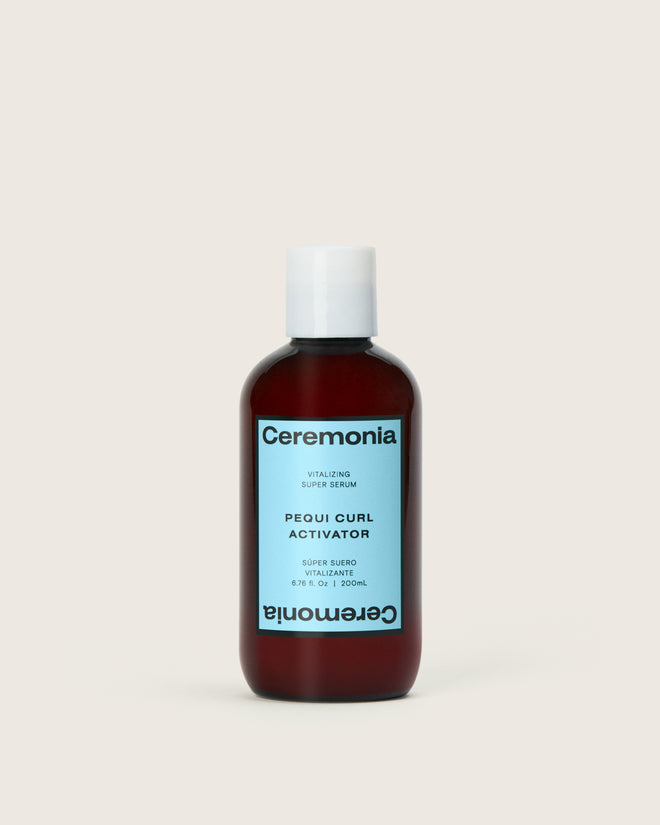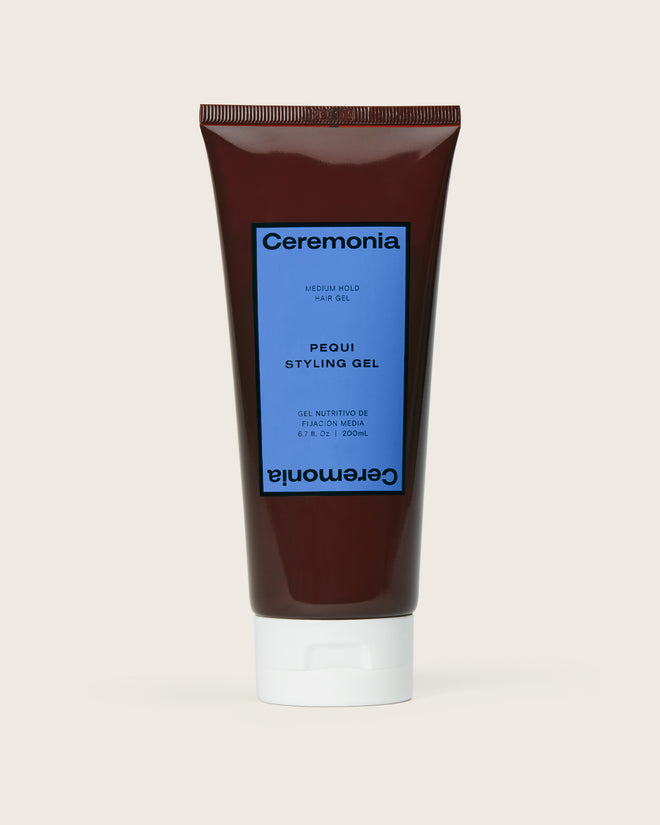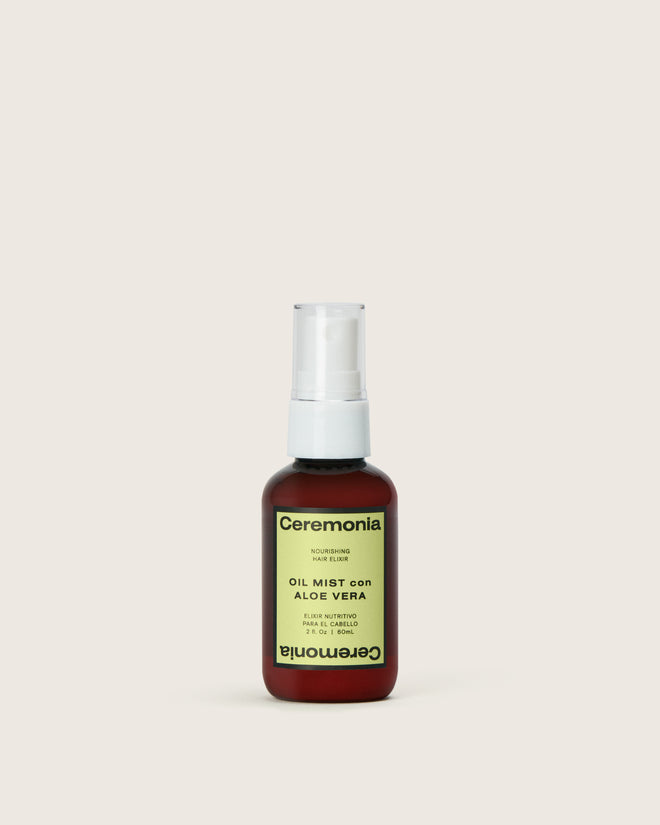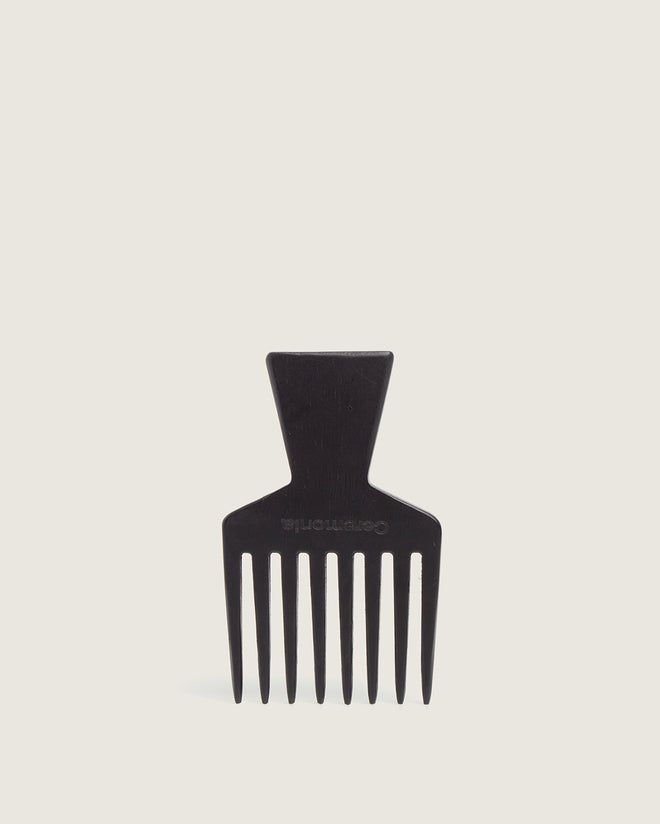Healthy hair truly begins at the scalp. Many people focus on conditioning their strands but forget that the scalp needs regular care, including cleansing and exfoliation. Healthy hair starts at the root, meaning the scalp must be balanced, exfoliated periodically, and kept nourished to function optimally. This is where scalp scrubs come in. Scalp health products have surged in popularity as an effective way to rejuvenate the roots and address underlying issues, including buildup, oiliness, and flaking. But what exactly is a scalp scrub, how does it work, and why is it considered essential for hair health?

What Is a Scalp Scrub?
A scalp scrub is essentially an exfoliating scalp treatment designed specifically for your head. Just like a facial scrub removes dead skin cells and impurities from your face, a scalp scrub targets the skin on your head, like clearing away debris, excess oils, and product residue that regular shampooing might miss. Most scalp scrubs use either physical exfoliants or chemical exfoliants to loosen and lift away the buildup on the scalp. For example, sugar or salt crystals are common physical exfoliants that gently buff the scalp’s surface, while chemical exfoliants like glycolic or salicylic acid work by dissolving the bonds between dead skin cells to facilitate their removal. Some products also incorporate soothing ingredients and oils to nourish the scalp as they exfoliate.
It’s worth noting that scalp scrubs can come in different forms. Many are creamy or gel-based scrubs with granules that you massage in, often doubling as a shampoo. Others are more like masks or pastes you apply before shampooing. There are even liquid exfoliating toners or serums that achieve similar results without the need for scrubbing. If you prefer a natural scalp scrub, you’ll be pleased to know there are plenty of formulations that use naturally-derived exfoliants. Think of ingredients like sea salt, sugar, charcoal, or fruit enzymes instead of synthetic microbeads or harsh chemicals. For instance, papaya contains papain, a fruit enzyme that acts as a gentle chemical exfoliant to dissolve dead skin and oil. Ceremonia's papaya scalp scrub leverages these enzymes along with fine physical particles to clear buildup without the need for aggressive scrubbing. Papaya enzymes have been shown to gently slough off dead cells and unclog hair follicles, improving scalp circulation and creating a healthy foundation for hair growth.
Why Scalp Scrubs Are Essential for Hair Health
It’s easy to dismiss scalp scrubs as just another trendy product, but they fulfill a crucial role in a healthy haircare routine. By keeping the scalp clean and free of obstructions, you’re directly addressing some root causes of hair and scalp issues. Here are the key scalp scrub benefits that make exfoliating your scalp so important for overall hair health:
Removes Buildup and Unclogs Follicles
One of the most immediate benefits of using a scalp scrub is the removal of buildup, including old skin cells, dried sweat, excess sebum (oil), and layers of styling products or dry shampoo that accumulate over time. This debris can clog hair follicles and even form flaky plaques on the scalp. A scrub physically dislodges and dissolves these impurities, essentially “detoxifying” your scalp. Scalp exfoliators work to remove dead skin cells, oil, and product debris that can clog hair follicles and slow growth. By clearing the pores (follicle openings) on your scalp, scrubs help your skin breathe and maintain normal hair follicle function.
Supports a Healthy Scalp Environment
Another primary reason scalp scrubs are touted as essential is their impact on the scalp environment. A healthy scalp environment is key to growing stronger, thicker hair. Think of it this way: your hair follicles are like plants, and your scalp is the soil. If the soil is compacted with dirt and lacking nutrients, the plants will struggle. Exfoliating the scalp aerates the soil and removes harmful elements, allowing healthier growth. Regular exfoliation helps maintain normal scalp skin turnover and oil balance; otherwise, a build-up of cells and oils can lead to imbalances, irritation, and inflammation, which can impact the scalp environment. Neglecting scalp cleanliness can contribute to conditions that stunt healthy hair development.
It’s important to have realistic expectations: using a scalp scrub for hair growth won’t magically sprout new hair overnight or cure genetic hair loss. However, it will create ideal conditions for your hair to grow its best. By preventing clogged follicles and chronic irritation, you remove potential barriers to growth. Many scalp scrubs also stimulate blood circulation in the scalp due to the massaging action. This increased blood flow brings more oxygen and nutrients to hair roots. So while a scrub is not a direct hair growth treatment, it indirectly stimulates healthier growth by improving circulation and follicle function.
Maintaining a clean scalp can help prevent hair loss triggers. Conditions like seborrheic dermatitis or severe buildup can sometimes lead to excessive hair shedding, as inflammation around the follicles can prompt hairs to enter a shedding phase. By using a scrub for preventative care, you reduce the risk of those scalp conditions taking hold. Even people experiencing thinning hair or slow growth might benefit from scalp exfoliation: it won’t regrow hair on its own, but by removing follicle-clogging debris and excess DHT-containing sebum, you’re supporting any other treatments you might be using for hair growth.

Balances Oil Production and Refreshes Oily Scalps
If you struggle with an oily scalp or hair that gets greasy quickly, a scalp scrub for buildup can be a game-changer. Excess oil not only makes hair limp and dull but can also mix with dead skin to form buildup. By exfoliating, you strip away that oily coating and help reset the scalp’s oil balance. Many scrub for oily scalp formulations include clarifying ingredients like charcoal, clay, or salicylic acid, which absorb or cut through oil. After a thorough scrubbing, people with oily hair often notice that their roots feel lighter and stay cleaner longer because the deep-seated oils that regular shampoo might not fully remove have been removed. Scrubbing can reduce how often you need to shampoo if oiliness is the reason for frequent washes.
Prevents Itchiness and Flaking
Even if you don’t have a specific scalp condition, regular gentle exfoliation simply makes your scalp feel healthier and more comfortable. Itchiness, irritation, and unpleasant odors from the scalp are often due to a buildup of sweat, oils, and microbes. A scrub helps prevent these issues by keeping the scalp clean. By removing scalp buildup, you also help the scalp maintain its natural turnover. Without intervention, dead skin can accumulate, leading to flaky patches or a rough texture on the scalp surface. Think of scalp scrubbing as analogous to brushing your teeth. It’s a hygiene step that, when done routinely, stops minor issues from becoming big problems.
How to Exfoliate Your Scalp Safely and Effectively
At this point, you might be wondering how to exfoliate your scalp properly as part of your routine. It’s crucial to do it the right way in order to reap benefits without causing irritation. Below, we outline a safe and effective method for using a scalp scrub, as well as some important tips:
-
Start with wet hair and scalp: Most scalp scrubs are best applied in the shower on wet hair, after you thoroughly rinse your hair with warm water. Water softens any debris on the scalp and makes it easier to distribute the scrub. Section your hair with your fingers if you have long or thick hair so that your scalp is exposed in strips.
-
Apply a small amount of scrub directly to the scalp: Take a dollop of your scrub. Apply it directly to your scalp in the areas where you want to focus. It’s usually not necessary to apply scrub along the hair lengths; focus it where it’s needed.
-
Massage gently with your fingertips: Using the pads of your fingers, massage the scrub in gentle, circular motions. Avoid using your nails, as that can scratch or irritate the scalp. If you have a silicone scalp massager brush, you can use that to help distribute and massage the scrub – but again, gently. You should feel the grains working against your scalp, but it should not hurt. Take a few minutes to cover your whole scalp, re-sectioning your hair as necessary to reach different areas. This massaging action not only exfoliates but also stimulates blood flow, enhancing the scrub’s effectiveness.
-
Rinse thoroughly and shampoo (if needed): After you’ve worked the scrub over your scalp, rinse your hair and scalp very well with warm water. Many scrubs will also cleanse, so you might find your hair is clean after rinsing. If the scrub is salt- or sugar-based, the particles will dissolve in water. If it’s something that doesn’t fully dissolve, be extra diligent in rinsing to avoid leaving residue. You can follow up with a regular shampoo if the scrub itself wasn’t a shampoo or if you feel you need an extra cleanse. Generally, use the scrub in place of shampoo once a week, unless instructions say to shampoo after. Finally, apply a conditioner or a hydrating scalp serum after rinsing out the scrub to replenish moisture to both scalp and hair.
-
Hydrate and soothe: Post-exfoliation is a great time to use a soothing conditioner on your lengths and a lightweight scalp tonic or serum if you have one. Your scalp is freshly cleared, so applying something with aloe vera, panthenol, or a few drops of scalp oil can provide a nice calming finish. This step isn’t mandatory, but if your scalp tends to get dry, ensure you don’t skip conditioning your hair after scrubbing.
If you adhere to a gentle exfoliating scalp approach, using the right product and technique, you’ll find this treatment easy and very rewarding for your hair health.
Choosing the Right Scalp Scrub for Your Needs
Not all scrubs are one-size-fits-all. The best scalp scrubs for you will depend on your scalp type, hair type, and specific concerns. If your scalp is very flaky due to conditions like psoriasis or severe seborrheic dermatitis, consult your dermatologist before using a scrub. Sometimes scrubs can help lift the plaques, but other times they might be too harsh for an already inflamed scalp. Look for scrubs with added oils like coconut, argan, or jojoba in a creamy base; these will exfoliate and hydrate in one step.
Be cautious of extremely abrasive scrubs or those containing unconventional particles, such as crushed fruit pits or large salt chunks. As one trichologist warns, overly gritty scrubs can irritate or even damage the scalp if used too vigorously. Physical exfoliation can inflame the scalp and even dislodge growing hairs if done harshly. The goal is to exfoliate without causing trauma. So even if you select a scrub that’s on the coarser side, use a light hand. You’re scrubbing your skin, not the kitchen sink – gentleness cannot be overstated.
Think about the smell and experience. This might sound minor, but since you’ll be massaging this product on your head, the sensory experience matters. Some scrubs have invigorating scents which can be delightful, especially in a morning shower to wake you up. Others are fragrance-free or very mildly scented if you’re sensitive to smells. Part of making scalp care a habit is enjoying it, so if you like that refreshing scalp-tingle and spa-like scent, choose a scrub that provides it. If you prefer unscented options, they are available as well. A little effort in choosing the right product will ensure your best products for scalp health arsenal is complete with a scrub that truly works for you.

Far from being a passing fad, scalp scrubs represent a shift toward treating our scalps with the same attention we give our faces. When used properly, they can contribute to less breakage, fewer flakes, more voluminous roots, and better penetration of any other treatments you use. For anyone seeking long-term hair wellness, incorporating a scrub for scalp health isn’t just an indulgence but essential maintenance for your hair’s ecosystem. Alongside gentle shampoos, conditioners, and serums, a scrub is one of the best healthy scalp treatments you can use to ensure your strands can truly thrive from the roots up.
Sources
-
Vogue – Ciarlo, Conçetta. “The Many Benefits of Exfoliating Scalp Treatments.” Vogue, Aug 1, 2025 vogue.comvogue.com.
-
Allure – Hussein, Jennifer. “8 Best Scalp Exfoliators to Sweep Away Dead Skin Cells and Buildup.” Allure, May 18, 2023 allure.comallure.comallure.com.
-
Alpha-H – Clark, Amy. “Why a Hair Growth Expert Wants You to Stop Using Your Scalp Scrub.” Alpha-H Journal, Apr 27, 2024 alpha-h.comalpha-h.com.
-
TrichoLab – “Are Papaya Enzymes Useful in Addressing Dandruff?” TrichoLab Insights, Dec 28, 2023 tricholab.com.sg.
-
Health.com – Richeson, Lauren P. “The Best Scalp Treatments, According to Dermatologists.” Health, June 10, 2025 health.com.




